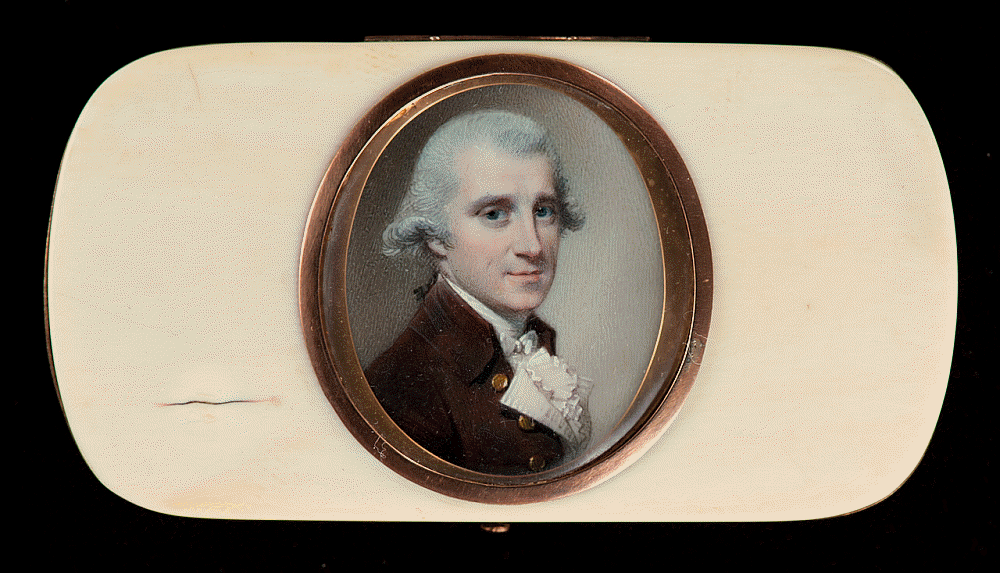Thomas James Mathias on:
[Wikipedia]
[Google]
[Amazon]
 Thomas James Mathias, FRS (c.1754 – August 1835) was a British
Thomas James Mathias, FRS (c.1754 – August 1835) was a British
''The Pursuits of Literature''
(1798 edition)
 Thomas James Mathias, FRS (c.1754 – August 1835) was a British
Thomas James Mathias, FRS (c.1754 – August 1835) was a British satirist
This is an incomplete list of writers, cartoonists and others known for involvement in satire – humorous social criticism. They are grouped by era and listed by year of birth. Included is a list of modern satires.
Early satirical authors
*Aes ...
and scholar.
Life
Mathias was educated inKingston upon Thames
Kingston upon Thames, colloquially known as Kingston, is a town in the Royal Borough of Kingston upon Thames, south-west London, England. It is situated on the River Thames, south-west of Charing Cross. It is an ancient market town, notable as ...
and Trinity College, Cambridge
Trinity College is a Colleges of the University of Cambridge, constituent college of the University of Cambridge. Founded in 1546 by King Henry VIII, Trinity is one of the largest Cambridge colleges, with the largest financial endowment of any ...
. He held some minor appointments in the royal household (sub-treasurer, 1782 and treasurer). His first publication was ''Runic Odes'', imitated from the Norse Tongue, in the manner of Thomas Gray
Thomas Gray (26 December 1716 – 30 July 1771) was an English poet, letter-writer, and classics, classical scholar at Cambridge University, being a fellow first of Peterhouse then of Pembroke College, Cambridge, Pembroke College. He is widely ...
, London, 4to, 1781. In 1783 he published, ''An Essay on the Evidence, external and internal, relating to the Poems attributed to Thomas Rowley''. In 1794 appeared the first part of an anonymous poem, entitled, ''The Pursuits of Literature'', which, when completed in four parts, attracted universal attention, chiefly on account of the notes, which abound in deep and discriminating criticism on public men and opinions. Besides several minor pieces of his own, he published the Works of Thomas Gray, with his Life, and Additions, Cambridge, 1814, 2 vols., 4to. In 1817 he settled in Italy and took up his residence at Naples
Naples ( ; ; ) is the Regions of Italy, regional capital of Campania and the third-largest city of Italy, after Rome and Milan, with a population of 908,082 within the city's administrative limits as of 2025, while its Metropolitan City of N ...
, where he died in 1835. He was a member of the Academy of Arcadia
The Accademia degli Arcadi or Accademia dell'Arcadia, "Academy of Arcadia" or "Academy of the Arcadians", is an Italian literary academy founded in Rome in 1690. The full Italian official name was Pontificia Accademia degli Arcadi.
History Found ...
under the name of Larisio Salaminio.
Mathias became a vegetarian
Vegetarianism is the practice of abstaining from the Eating, consumption of meat (red meat, poultry, seafood, insects as food, insects, and the flesh of any other animal). It may also include abstaining from eating all by-products of animal slau ...
after reading Mandeville's ''The Fable of the Bees
''The Fable of the Bees: or, Private Vices, Publick Benefits'' (1714) is a book by the Anglo-Dutch social philosopher Bernard Mandeville. It consists of the satirical poem ''The Grumbling Hive: or, Knaves turn'd Honest'', which was first publish ...
''. He gave up all meat and lived on a diet of milk and vegetables.
Works
He was an accomplishedItalian
Italian(s) may refer to:
* Anything of, from, or related to the people of Italy over the centuries
** Italians, a Romance ethnic group related to or simply a citizen of the Italian Republic or Italian Kingdom
** Italian language, a Romance languag ...
scholar, and translated various English works into Italian, such as ''Canzoni e prose toscane'', and vice versa. He also produced a fine edition of the work of Thomas Gray
Thomas Gray (26 December 1716 – 30 July 1771) was an English poet, letter-writer, and classics, classical scholar at Cambridge University, being a fellow first of Peterhouse then of Pembroke College, Cambridge, Pembroke College. He is widely ...
, on which he lost heavily. His chief work was ''The Pursuits of Literature'' (1794), an undiscriminating satire on his literary contemporaries that went through 16 editions, but is now almost forgotten. More so was his uncompromising criticism of the times. An example:
:Here is another little ''capriccio'' of a man of no common sagacity, the late Adam Smith. He says seriously, by way of illustration; “No body ''ever saw a dog'' make ''a fair and deliberate'' exchange of ''one bone'' for another with another ''dog''." Smith's Wealth of Nations, Vol. 1, p. 20. Ed. 8vo. This philosophy is nearly of the same date as Adam's ancestor in Eden, and I can only say in reply, "Who ever ''expected'' to see a dog do so?"—We have all heard and read of that snarling sect the Cynics, and if we could convert dogs into philosophers, or what is harder still, philosophical propositions ''into meat and bones,'' (which I fear is more than most ''Scotch'' Professors can do) I should apply metaphorically the following lines from a celebrated Poet, a great observer of ''human nature'':
::“So when ''two dogs'' are fighting in the streets,
::With ''a third dog'' one of ''the two dogs'' meets;
::With angry tooth he bites him to the bone,
::And ''this dog'' smarts for what ''that dog'' has done.”
Selected publications
''The Pursuits of Literature''
(1798 edition)
References
* * {{DEFAULTSORT:Mathias, Thomas James 1750s births 1835 deaths Alumni of Trinity College, Cambridge British satirists Fellows of the Royal Society British scholars